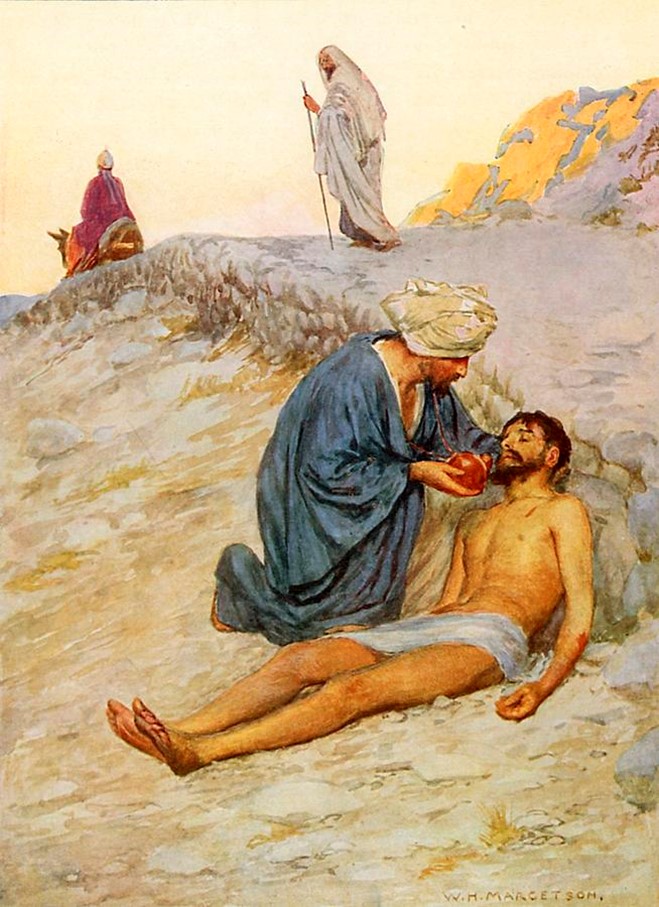The first part of this article Why read the Bible (1)? explained how more modern versions of the Bible use words and phrases which are recognisable and easier to follow, and hence help readers better understand it.
However, another reason why people may not wish to read the Bible is because they think its message is out of date for life in the 21st century. For example, what does it have to say about inequality between the rich and the poor? In fact, there is a constant message in the Bible that people should look after orphans and widows and the less-well-off in general. It gives some specific ways in which to help them too. Farmers were told not to reap right to the edge of their fields or to pick up anything that had dropped from the sheaves. These were to be left for the poor folk. Similarly, people with vineyards weren’t to go over the vines a second time but to leave any missed fruit for those in need. Such people had to go and glean for themselves of course but they would no doubt be prepared to do so to get food. There were also rules about giving slaves their freedom after a set number of years; and about allowing people to redeem property they had had to sell to keep afloat. Not all of it is relevant today, but it demonstrates the principles that the society of the time were supposed to follow.
Discrimination is a big issue nowadays. Does the Bible have anything to say about that? It does indeed. There are plenty of places where people are told to look after strangers and refugees without looking down on them, and a commandment to “love your neighbour as yourself”.

Jesus was asked “and who is my neighbour?” and he gave the parable of the Good Samaritan in reply. You can read the parable in full in Luke 10 v 25-37, but briefly it concerns a traveller who was attacked by robbers, stripped of his clothing, beaten and left half dead on the road. First, a Jewish priest and then a Levite came by, but both avoided the man. Then a man came along who was considered to be a “second class” citizen as he was a foreigner, a Samaritan. He went over to the injured man, provided first aid and then put him on his own donkey and took him to an inn where he asked the innkeeper to take care of him. He gave the innkeeper some money and promised to make up any difference in costs when he came back that way.
Being “neighbourly” in this sense means you take no account of who someone is, or isn’t, what skin colour they have, where they come from, whether they are male or female – you provide what they need at the time regardless. That can be quite challenging at times. The two who passed by should have known better – it’s up to each of us to take personal responsibility to alleviate discrimination.
John’s gospel mentions an occasion when Jesus spoke to a woman at a well. That was significant as women were considered to be inferior to men so it was surprising that he did so. She was also a Samaritan, i.e. a “foreigner”, so he should have ignored her on two counts. So why didn’t he? Perhaps because he could see she had faith, and belief in God is open to all. There is no discrimination there.
So, the Bible does indeed contain messages which are relevant to our modern society. Please try reading it for yourself as there is more to the Bible than you might think!